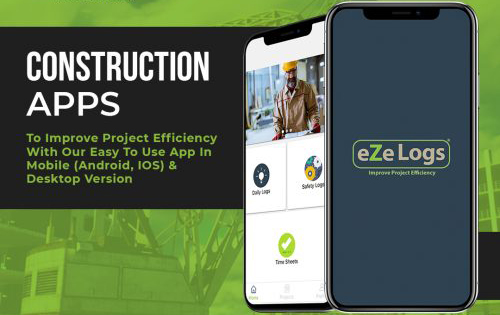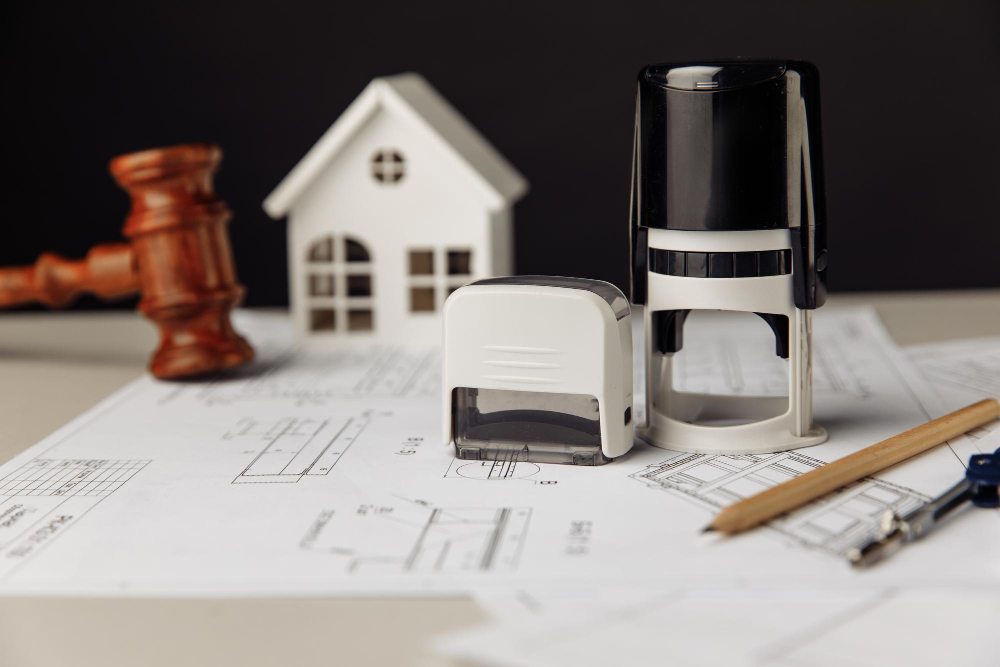Managing construction projects effectively is crucial to ensure they are completed on time, within budget, and to the desired quality standards. Successful project management involves coordinating various tasks, people, and resources, as well as anticipating and mitigating potential risks. Here are some tips and strategies to help you manage construction projects more effectively.

Define Clear Objectives and Scope
Before starting any construction project, it is essential to have a clear understanding of the project’s objectives and scope. This includes defining the project goals, deliverables, timelines, and budget. Clear objectives help keep the project on track and ensure that all stakeholders have a shared understanding of what needs to be achieved.
Tips:
- Create a detailed project plan: Outline all the tasks, resources, and timelines required to complete the project.
- Establish key performance indicators (KPIs): Use KPIs to measure progress and success against the project goals.
Develop a Comprehensive Project Plan
A comprehensive project plan serves as the roadmap for the construction project. It should detail the sequence of activities, the resources required, and the timelines for each task. Effective planning helps identify potential challenges early and allows for better resource allocation and scheduling.
Strategies:
- Use project management software: Tools like Microsoft Project or Primavera can help organize tasks, schedules, and resources.
- Involve stakeholders in the planning process: This ensures that all parties are aware of their responsibilities and commitments.
Assemble a Competent Project Team
The success of a construction project largely depends on the skills and expertise of the project team. Assembling a team of qualified professionals ensures that the project is executed efficiently and effectively.
Tips:
- Hire experienced professionals: Ensure that team members have the necessary skills and experience for their roles.
- Foster a collaborative environment: Encourage open communication and collaboration among team members to enhance problem-solving and decision-making.
Implement Effective Communication
Effective communication is vital in construction project management. It ensures that all stakeholders are informed and engaged throughout the project lifecycle. Clear communication helps prevent misunderstandings and keeps the project on track.
Strategies:
- Hold regular meetings: Schedule regular project meetings to discuss progress, address issues, and make necessary adjustments.
- Use technology: Utilize communication tools like email, instant messaging, and project management platforms to facilitate efficient communication.
Monitor and Control Project Progress
Monitoring and controlling project progress is essential to ensure that the project stays on schedule and within budget. Regularly tracking progress allows project managers to identify and address any deviations from the plan promptly.
Tips:
- Conduct regular site visits: Regular inspections help assess the project’s physical progress and identify any potential issues.
- Use progress reports: Generate regular reports to track progress against the project plan and make informed decisions.
Manage Risks Proactively
Risk management is a critical aspect of construction project management. Identifying potential risks early and developing strategies to mitigate them can prevent costly delays and setbacks.
Strategies:
- Conduct a risk assessment: Identify potential risks and their impact on the project.
- Develop a risk management plan: Outline strategies for mitigating identified risks and assign responsibilities for monitoring and managing them.
Ensure Quality Control
Maintaining high-quality standards is essential in construction projects. Quality control measures help ensure that the project meets the required standards and specifications.
Tips:
- Establish quality standards: Define clear quality standards and ensure that all team members understand and adhere to them.
- Conduct regular inspections: Perform regular quality checks to ensure that work is completed to the required standards.
Manage Resources Efficiently
Efficient resource management is crucial to keep the project on schedule and within budget. This includes managing labor, materials, and equipment effectively.
Strategies:
- Optimize resource allocation: Allocate resources based on project priorities and adjust as necessary to meet project demands.
- Monitor resource usage: Track resource usage to prevent wastage and ensure efficient utilization.
Close the Project Successfully
Closing a construction project involves finalizing all activities, delivering the completed project to the client, and conducting a post-project evaluation.
Tips:
- Conduct a final inspection: Ensure that all work is completed to the required standards and address any outstanding issues.
- Review project performance: Evaluate the project’s success against the initial objectives and identify areas for improvement in future projects.
Final Thoughts
Managing construction projects effectively requires careful planning, coordination, and communication. By following these tips and strategies, project managers can ensure that construction projects are completed successfully, meeting all objectives and quality standards. Effective project management not only leads to successful project delivery but also enhances client satisfaction and builds a strong reputation in the construction industry.


